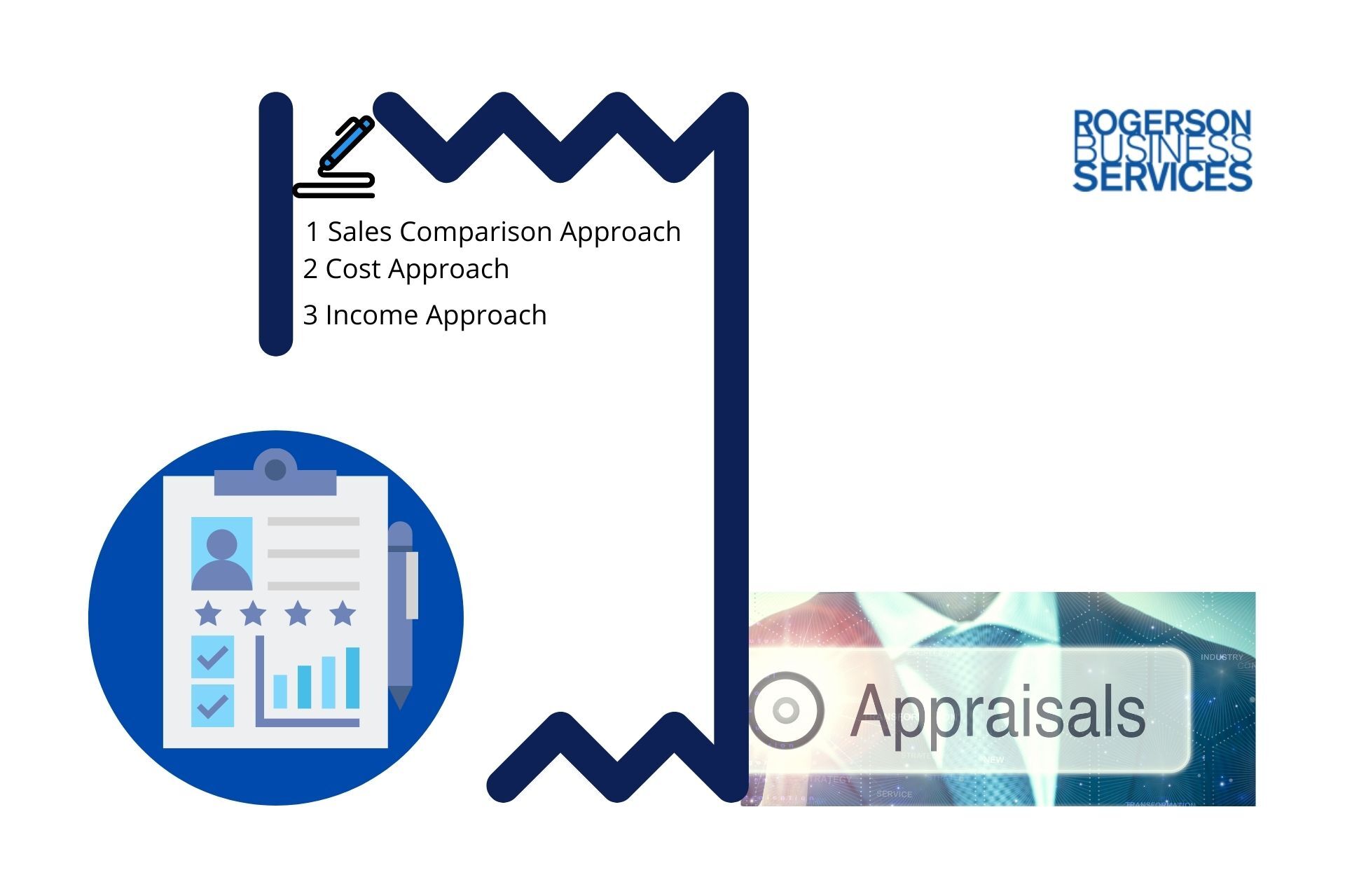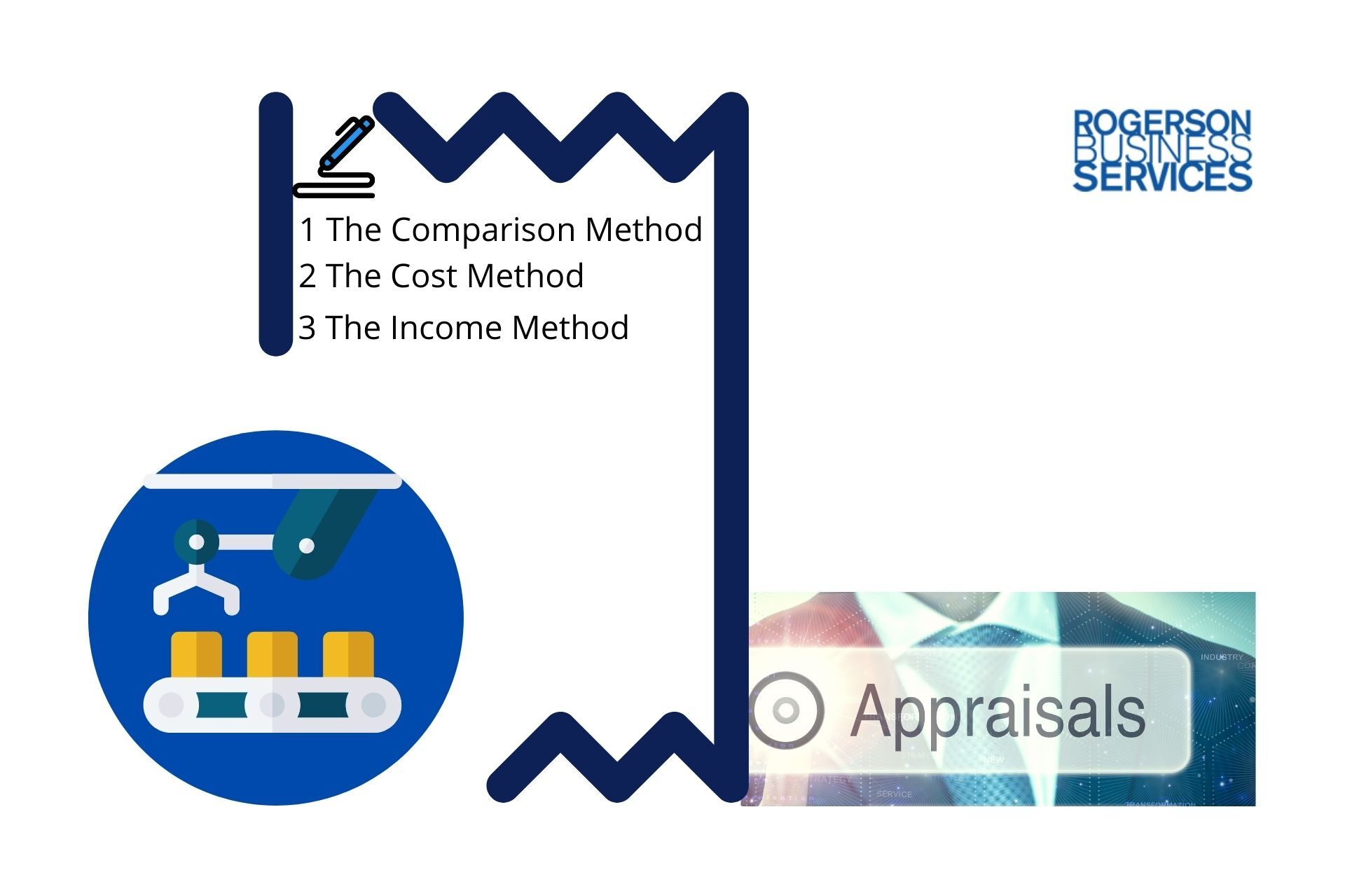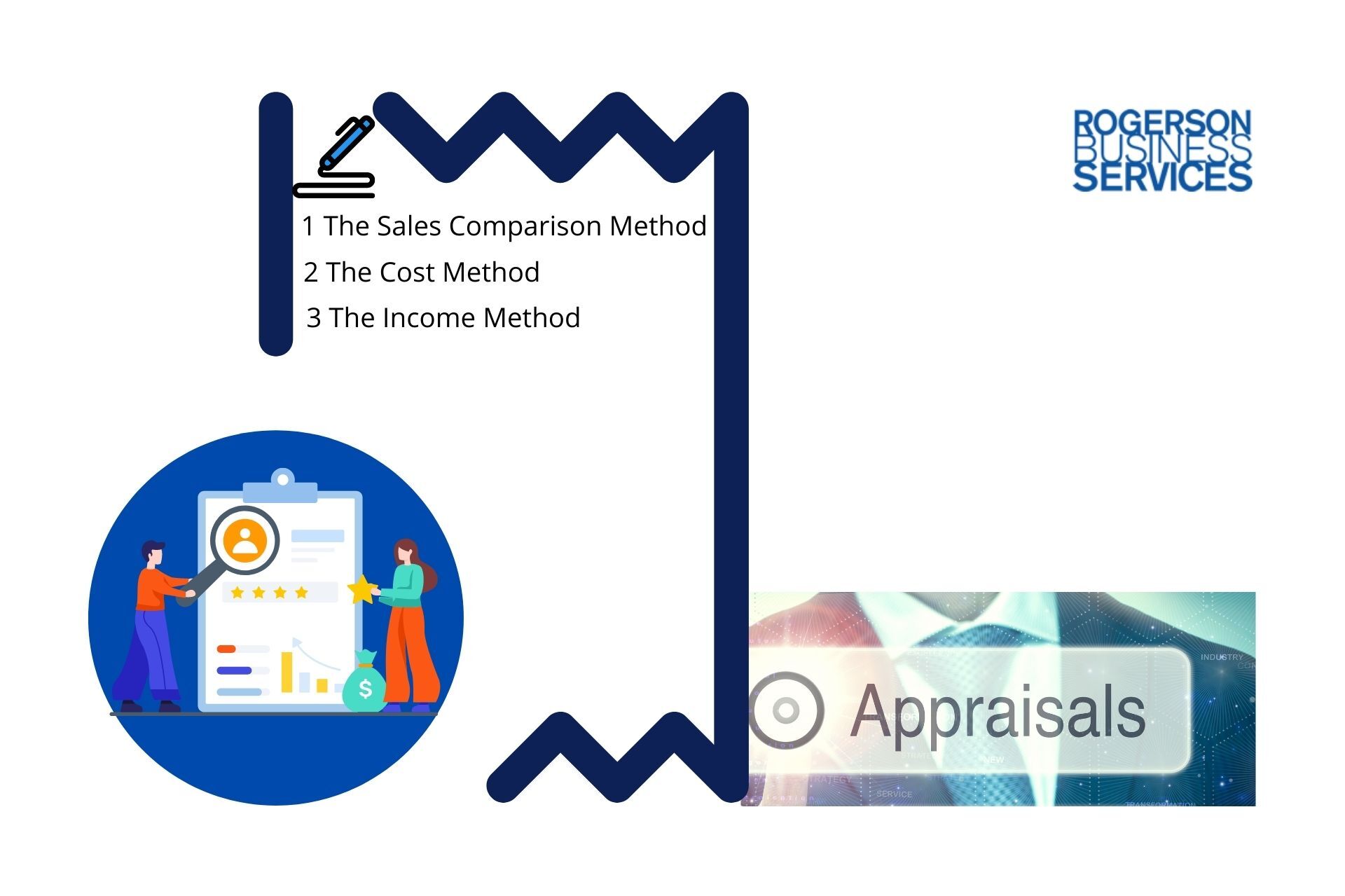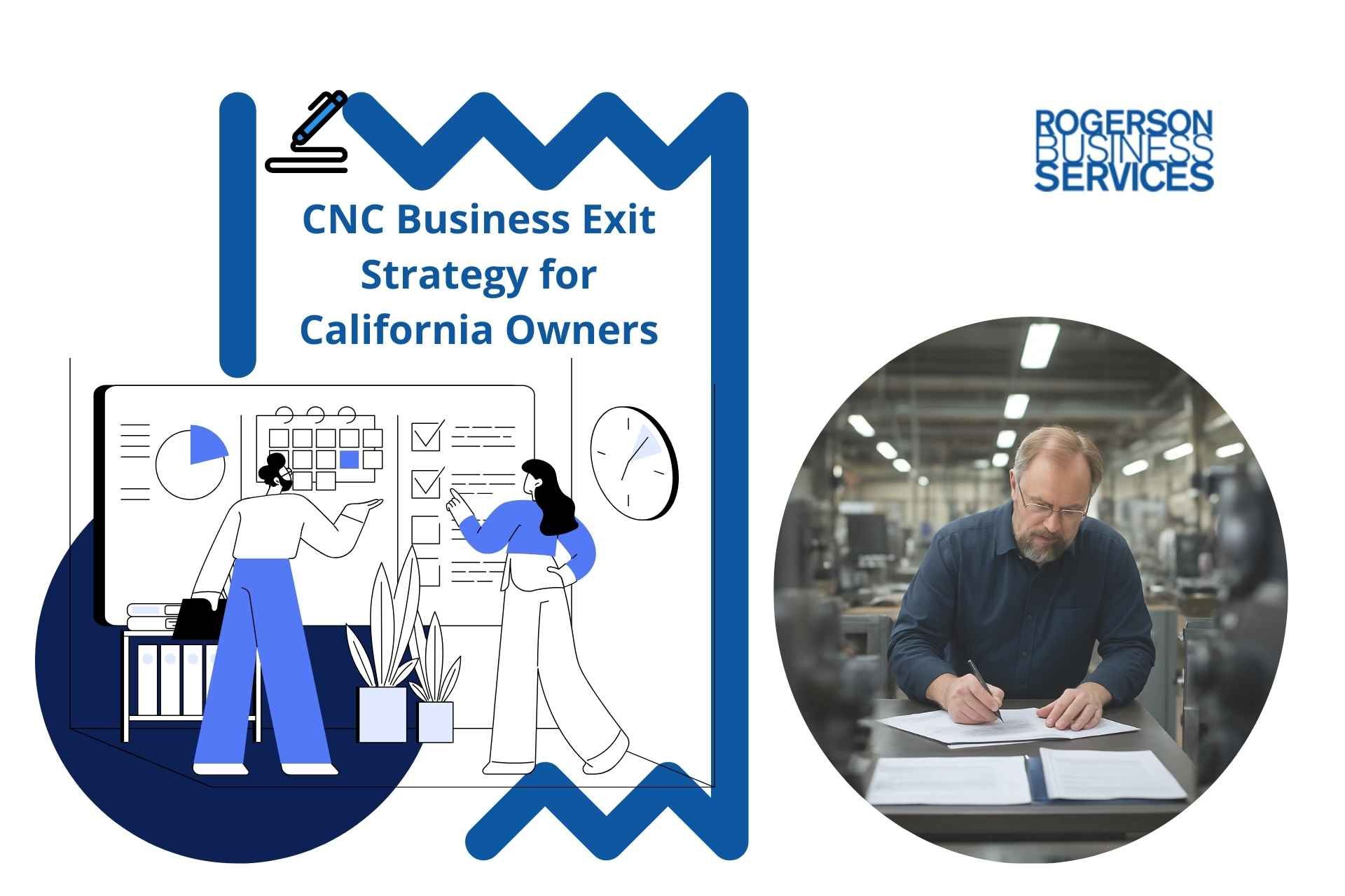Certified Equipment Appraiser | 5 Reasons Why Hire A CMEA
Certified Equipment Appraiser
Five reasons to hire a CMEA:
- First Reason: A Certified equipment appraiser is reliable
- Second Reason: Get your difficult questions answered by a professional
- Third Reason: Certified equipment appraiser vs. non-certified
- Fourth Reason: Understand the need of a thorough reliable appraisal service
- Fifth Reason: Get official certified appraisal reports
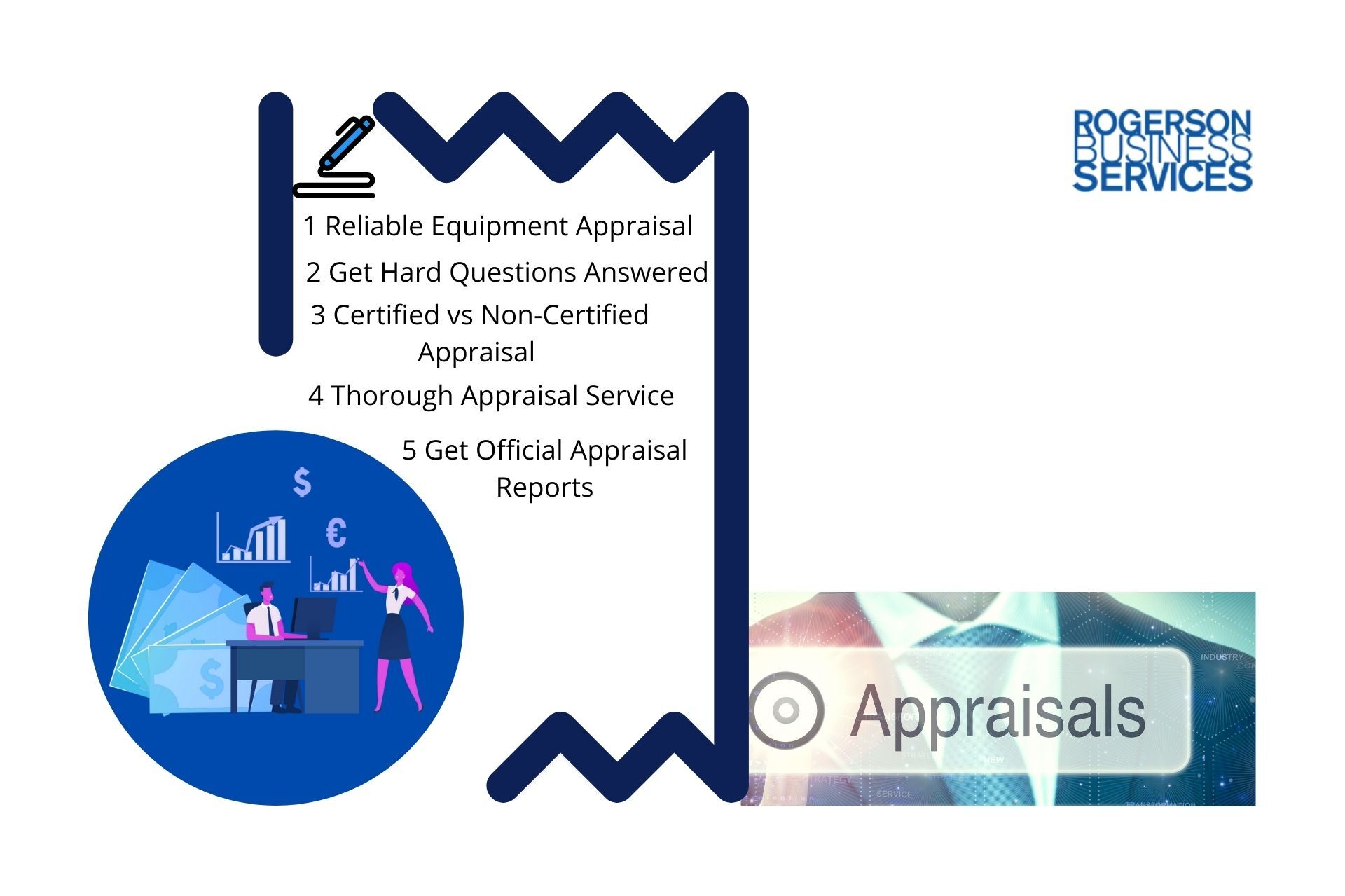
Because appraising the value of heavy machinery is drastically different from appraising homes, vehicles, and other property, there are five important reasons you should hire a certified equipment appraiser.
Reason 1: A Certified Equipment Appraiser Is Reliable
Since you’re putting a value on your machinery, you might think going to your mechanic or vendor is the best choice. There’s a big difference between understanding the value and deterioration of equipment than knowing how to fix it. Therefore, hiring a certified equipment appraiser ensures you have a reliable expert looking out for your business.
Hiring a Certified Machinery and Equipment Appraiser (CMEA) guarantees that you’re working with an experienced professional. They attend training classes and pass a written exam. Each student drafts a sample Appraisal Report that two Certified Appraisers sign off on. They also submit this report to the Peer Review Committee.
After the initial certification, appraisers take an annual refresher course. The organization offers continuing education courses to ensure all appraisers are aware of new developments. They know how to value equipment.
Any CMEA follows the Uniform Standards of Professional Appraisal Practice (USPAP). These guidelines hold appraisers to ethical standards.
You might have a general idea of how much your equipment is worth based on what you paid for it, but that won’t hold up in terms of court compliance. You might need machinery and equipment appraisal values for reasons such as:
- filing insurance claims
- proving your business equity to secure loans
- getting a fair price when you’re selling your business
- properly citing equipment on tax forms
- completing paperwork for your estate, bankruptcy, or divorce settlements
Having an appraisal before any of these major situations occur will protect you in the long run. It’s better to get an assessment of your equipment to have on record. Using a certified equipment appraiser means the documents you receive are admissible in legal and financial situations.
Depreciation value isn’t always equal to market value, and a certified equipment appraiser knows the difference. They qualify your equipment according to values such as Fair Market Value, Orderly Liquidation Value, Salvage Value, Insurance Cost, Insurable Value Depreciated, and more.
The certified equipment appraiser also uses various methods of machinery and equipment valuation. Examples include Cost Approach and Market Data Approach.
Cost Approach is when they estimate how much it would cost to replace the machine. They counter that with the depreciation of your equipment, calculated according to the years you’ve had it as well as its remaining life.
Market Data Approach relates to the prices currently assigned to similar machines. The appraiser will check the current listings and compare your equipment to what’s available. They understand how to determine the fair market value of the equipment.
The method your appraiser uses depends on their experience, as well as the state of your equipment. The Cost Approach is more often used with newer equipment, while the Market Data Approach is more of a used equipment appraisal.
Reason 2: You Have Questions to Ask a Certified Equipment Appraiser
Hiring a certified equipment appraiser is important, but you don’t want to pay just anyone for this service. Interview several appraisers before hiring them.
This approach gives you the chance to get to know each individual and understand their background. It will also show you what they can do to benefit your business.
1. Are You Certified? Do You Keep Up With Continuing Education?
When you’re hiring an appraiser, you want someone certified. Asking this question, along with continuing education, shows them that you take the process seriously. If they’re not certified with CMEA, take a moment to look up the organization and make sure it’s valid.
2. Are You in Compliance With USPAP?
You can often tell if an appraiser complies with USPAP based on their certification. Asking them straight-out is another way to show how much you value this process. They’ll know that you’re familiar with the industry standards and hold them to it.
3. What Is Your Used Equipment Appraisal Experience?
You don’t have to hire an appraiser who’s been in business for decades, but you don’t want to hire something with a background as an auctioneer. They might be more inclined to give you a low estimate based on their history.
4. What Is Your Experience With This Type of Equipment?
There are many different types of appraisers that follow USPAP, including real estate appraisers and vehicle assessors. They might list themselves as a general appraiser, but you want to ensure your hire is familiar with your field. They should have experience with your equipment.
5. How Long Will the Process Take?
If you have a deadline, you want to ensure you have the report before that date. Tell the appraiser if a time is set in stone. Otherwise, ask how long the process takes so you’ll have an idea of the timeline.
On-site visits typically last anywhere from a few hours to a few days. Submitting the report can take up to a week longer.
6. How Do You Document the Values?
You want to know how the appraiser approaches the values. Market Data Approach and Cost Approach are the most common. Still, each value is different, so you want to know you’re getting what’s needed for your purpose.
7. What Value Definitions Are You Using?
The value definitions the appraiser is using also make a difference in the final report. They can use Fair Market Value, Orderly Liquidation Value, Salvage Value, Insurance Cost, Insurable Value Depreciated, and more.
8. Where Do You Get Your Market Data?
An appraiser should use local or regional data, so the values are relevant. Using data from across the country won’t benefit your purpose because you most likely aren’t able to use that price if you’re selling equipment. Pulling regional data shows what people are willing to pay in your area.
9. How Much Is Your Appraisal Fee?
You might think this question should come first, but it’s better to learn about the appraiser before asking about their price. You want to know you can trust them and get what you need from their services. It’s worth paying for a quality appraiser, and you can always negotiate specifics.
Appraisers might bill hourly, by item, or charge a flat rate. Ask if these prices include travel, an on-site visit, and all equipment associated with the business.
10. What Can I Do if I Disagree With Your Assessment?
Asking this question upfront spares you the stress of trying to decide how to move forward if you don’t agree with the assessment. The appraiser knows you’re taking this seriously and want a fair report. They should tell you how you can file a dispute, usually with USPAP or the state.
Reason 3: Choosing a Certified Equipment Appraiser vs. Non-Certified
You’re already going through the trouble of hiring an equipment appraiser, so it’s best to find a certified one. The reports a certified equipment appraiser compiles for you will stand up in court. Hiring an outside CMEA and USPAP equipment appraiser protects your business the most.
Using a non-certified equipment appraiser doesn’t guarantee anything because they’re not held to industry standards. They might not understand how to properly assess the equipment. If you’re using a local auctioneer or dealer, they might give you a low price in case you trade it to them. They’re more concerned about getting a good deal in the future.
In case your issue goes to court, documents from non-certified appraisers typically aren’t admissible as proof of value. Therefore, you’d have to hire a certified equipment appraiser at a point where time is crucial. It’s better to skip over any non-certified appraisers and get a professional.
Reason 4: You Need Thorough Equipment Appraisal Services
When you find the right certified equipment appraiser for your business, you’ll get a contract outlining their process, timeline, and fee. This document also holds the CMEA to the USPAP standards.
In the Scope of Work section, the appraiser will list the value definition you chose and explain how they research this information. Examples include contacting the manufacturer, checking prices with dealers, searching a used equipment pricing guide, and interviewing professionals in the field.
The appraiser takes notes during their on-site visit. You can help expedite this process by making a list of equipment, location, and manufacturer before they arrive. They will later use all this information to compile a Summary Appraisal Report. The document is lengthy, and they might need up to a week to draft it after their in-person experience.
Though the values assigned come from the appraiser’s opinion, they must back up each figure with professional resources. This data ensures the Summary Appraisal Report will hold up in financial and legal situations.
The Summary Appraisal Report isn’t just a list of your equipment and the current values. They will include pictures of the machines from several different angles. They will cite the sources that helped them assign values.
The document also includes notes about current market conditions. For example, if there’s a machine shortage in the industry and you own this equipment, the value might be higher than it would be in a stable economy.
Reason 5: You Can Choose Between a Summary Appraisal Report vs. Desktop Appraisal Report
A Summary Appraisal Report is a formal machinery appraisal process that includes an on-site visit. The appraiser might visit your business for a few hours or a few days. They look at all your equipment and assess its condition independently.
It takes longer for an appraiser to draft a Summary Appraisal Report because they need an on-site visit to see the equipment and take photographs and notes. Then they put all the information together in a report or spreadsheet and send it to you. Because the process takes longer and is more involved, it only makes sense that it’s almost the more expensive option.
A Desktop Appraisal Report doesn’t include an on-site visit. You provide a list of all the equipment you own and send high-quality pictures, so the appraiser understands the conditions. They research each item on their own and compile a report.
It doesn’t take very long to compile a Desktop Appraisal Report because the appraiser doesn’t have to travel to your business. You send them specs and photos of your equipment, and they do remote research. Though it still requires work and research, there’s no travel time or on-site visit, so the cost is lower.
Both Summary Appraisal Reports and Desktop Reports can benefit business owners in different ways. If you need a quick overview of your business value, a Desktop Report is sufficient. If you need values for insurance, loan, and legal purposes, you’ll want a Summary Appraisal Report.
Hiring a certified equipment appraiser will benefit your business in many ways. You’ll know how much your equipment is worth and have an expert to call upon if necessary. They’re held to industry standards, so you know they take pride in their work.
If you have decided to appraise your used equipment and then sell your business now or within the next six months, click here to get started with this quick and simple form, so we can understand your pain points better and prioritize your inquiry with RBS Advisors.
Go to the next article: Part of a guide to help with appraising machinery and equipment in California series ->
More Tips to Help Value & Appraise Machinery and Used Equipment in California
Hey there! Can we send you a gift?
We just wanted to say hi and thanks for stopping by our little corner of the web. :) we'd love to offer you a cup of coffee/tea, but, alas, this is the Internet.
However, we think you'll love our email newsletter about building value and properly position your company before transition/exit your business ownership.
As a special welcome gift for subscribing, you'll also get our helping and educational guides, tips, tutorials, etc.. for free.
It's filled with the best practices for retiring serial business owners like Dan Gilbert, Larry Ellison, Warren Buffett, and many more.
Just sign up for our emails below.

